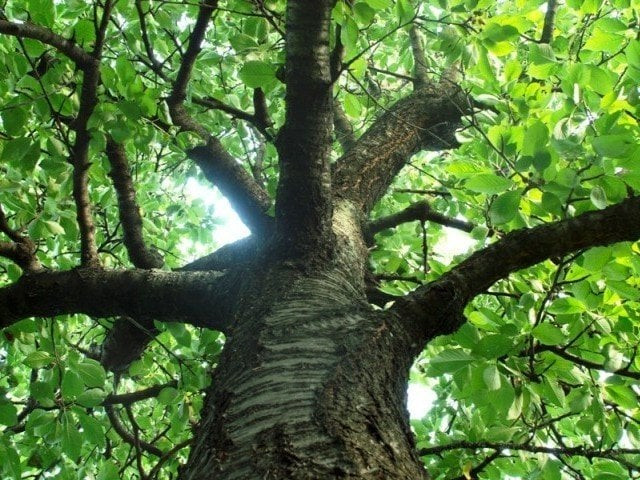Delhi students at war over Valentine's Day ritual involving 'virginity tree'
Students pray to the tree in the hopes of losing their virginity within six months

PHOTO: FILE
The ritual in question involves male students hosting a puja at what they have named the 'Virgin Tree'. For decades, students have been hanging balloons and condoms on its branches alongside posters of Bollywood actresses as avatars of the goddess Damdami Mai.
How to get over a breakup this Valentine’s Day
A male student dressed as a Hindu priest leads the puja while the rest sing hymns in praise of the "hot and sexy goddess". There is also a legend surrounding the tree which involves the loss of one's virginity within six months of worshipping the tree.
Teli Venkatesh, the 19-year-old president of the boys' hostel union which has organised the event this year, describes it as "some harmless fun".
Female students, however, say the event sexualises and objectifies women and has no place in a "secular, intellectual" space like their college. They also point out that it's only a few women who participate in the event.
"The male students pick an actress who is attractive enough to be labelled Damdami Mai and the puja reeks of Brahminical ritual practices of caste pride," Aashi Datta, a 20-year-old undergrad student who's at the forefront of the campaign to ban the ritual, told the BBC.
She says the event is held in a "hyper-masculine, aggressive environment" and in past years, women's participation was "not even 5%". She's right - a look at the videos of the day from past years shows only a handful of women in the crowd of male students.
Mr Venkatesh accuses Ms Datta of trying to "politicise" a college event and says that students who "enthusiastically participate" in the celebrations come from different states and belong to different religions and castes.
He also lists the changes they have incorporated this time to make the event more inclusive.
Forget chocolates, how about cockroaches as Valentine's gift?
"Since this is about celebrating love, we are selecting a couple who are in a long-lasting relationship. To address the criticism that we are not just about heterosexual love, we are putting up pride flags and placards to celebrate the LGBT community. And we are hanging condoms to promote safe sex, bring awareness about sexually transmitted diseases and end taboos about sex."
He also said that they would use a fully clothed photograph of the actress chosen as this year's goddess and that the hymn lyrics had been rewritten to make it less descriptive of the female body.
Ms Datta and other protestors, however, want nothing less than an end to the event.
"Legacy and tradition are not good enough reasons to continue with a festival. It's a liberal college, we need to choose which traditions to follow and which ones to drop," she insists.
Prof PK Vijayan was a student at Hindu in the late 1980s when the virgin tree puja began.
"It started with courting couples sitting around the tree and so it came to be known as the lovers' tree," he says. "In those days, there was little awareness about Valentine's Day in India. But over the years, the celebrations became more structured and the tree was festooned with condoms and posters of women regarded as beautiful."
Sister's Day replaces Valentine's Day and Twitter can't handle it
"And then students began believing that eating the prasad would help them lose their virginity and the boys lined up for it and so did some girls."
But he says he's not comfortable with "any type of puritanical ideas" and suggests that they continue with the puja but modify it.
"I think the female students should be more flexible and instead of demanding a ban, they should take it over and redesign it the way they want to.
"Unfortunately, at the moment it is done as a celebration of machismo. It should be made more inclusive so that women could participate as those who also desire, and not just as the desired."
This article originally appeared on BBC News.



















COMMENTS
Comments are moderated and generally will be posted if they are on-topic and not abusive.
For more information, please see our Comments FAQ